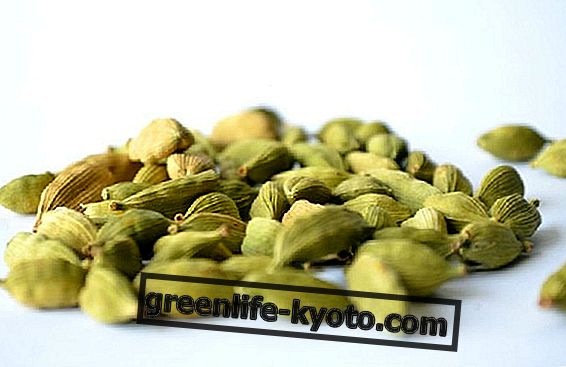
At the base of the needs of those who love organic food is the search for healthier food, but also the desire for more critical consumption.
This implies a change in lifestyle; who decides to buy organic also decides to devote more time to the kitchen and to himself; to renounce frozen foods, ready-to-eat foods, and all those solutions that, if on one side are comfortable, on the other hand are not reconciled with the needs of an over-exploited planet.
A more critical consumption also implies attention to the origin and therefore the desire to favor zero kilometer products, and to packaging, which, if present, must never be exaggerated in size compared to the product.
Biological spending: where?
The first thing to do for those who want to devote themselves to organic shopping is to look for one or more trusted suppliers or sign up for a GAS (solidarity buying group).
In the first case, it will be necessary to find one or more farms, not too far from your home, where you can go periodically for your organic shopping.
In the second case, you will need to inquire about the solidarity purchasing group closest to your city, register and make purchases through the chosen GAS. Of course, you can also do one and the other, that is, sign up for a GAS and look for one or more local suppliers of organic products.
Food sharing to reduce food waste: find out what it consists of
How to organize organic shopping
Once the suppliers are found, we will have to organize the weekly shopping. Making an organic shopping list is not really like making the list when you have to go to a firm, because you have to be more ready to adapt to what you find.
In general, organic producers are small companies and do not always have everything; you will have to get used to eating only seasonal fruit and vegetables, which, by the way, is very good for your health and, in general, you will need to adapt to buy what is there.
You will discover so many vegetables and cereals never seen before and you will learn to know better your own territory and to follow the seasonality of food. It makes no sense to eat strawberries in February and cauliflower in August, nature has its cycles and organic spending will help us to respect them.
The weekly shopping list must therefore contain more than anything else an estimate of the quantity of food that we think we can consume until the next appointment with our trusted producer, to avoid waste and bring fresh food to the table as much as possible.
How to organize the organic weekly menu
Once you have taken home your own biological expenses, you will have to make good use of them. Some foods should be eaten very fresh, others can be kept in the fridge for a few days, others can be frozen cooked or raw in order to have something ready when time is running out and cooking cannot be done.
In general, those who love organic shopping will have to spend a little more time preparing food, but with a little organization you can do everything. Here are some practical tips to make good use of your organic purchases:
- Get a monthly supply of organic cereals and legumes to use for soups and pasta dishes; for those who work all day away from home, just soak them in the morning and cook them in the evening, perhaps while you dine, to have a meal ready for the next day.
- Evaluate how much oil is consumed in a year and, in autumn, make an annual supply of organic extra virgin olive oil.
- Make yourself a monthly supply of organic flours, trying to vary between the different cereals, so as to always have the raw material ready to prepare your own pizza, your own base for sweet and savory pies or your own organic pasta.
- If you love eating eggs, be careful not to take more than necessary, and buy them weekly, of course as long as they are organic and very fresh; eggs can generally be kept in the refrigerator for about 28 days, but it is always better to take the minimum necessary for weekly consumption.
- The same applies to milk and dairy products; evaluate the weekly consumption of milk and cheese and prefer the organic ones, which are produced respecting the environment and the natural balance. Do not exceed in the purchase and consumption, both for nature and for health reasons. It is also necessary to pay attention to certified producers, who respect all the sanitary regulations, as well as the dictates of organic farming.
- Evaluate how much fruit and vegetables are consumed in a week and not buy more; once you get home, store the one that lasts a few days in the fridge (carrots, cabbage, fennel, tomatoes ...) and immediately cook the one that quickly fades (spinach, zucchini flowers ...). Always have a small supply of vegetables and fruits that can be kept all week (and sometimes even longer) for example, depending on the season, pumpkins, potatoes, melons, watermelons ...













